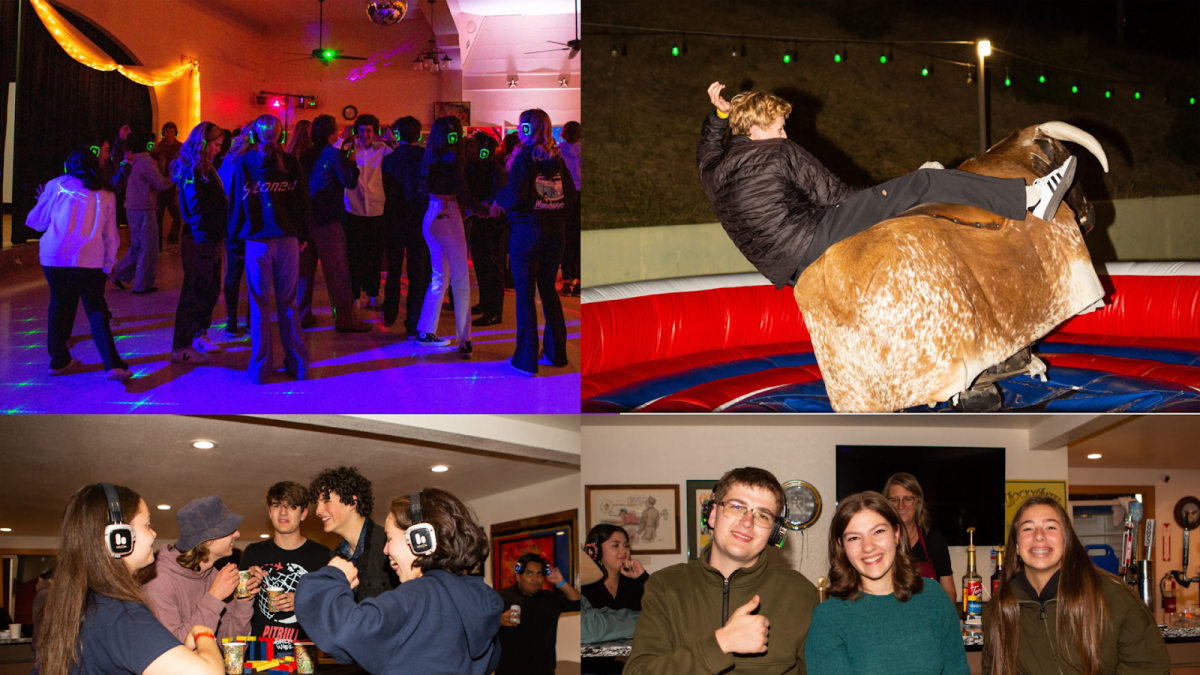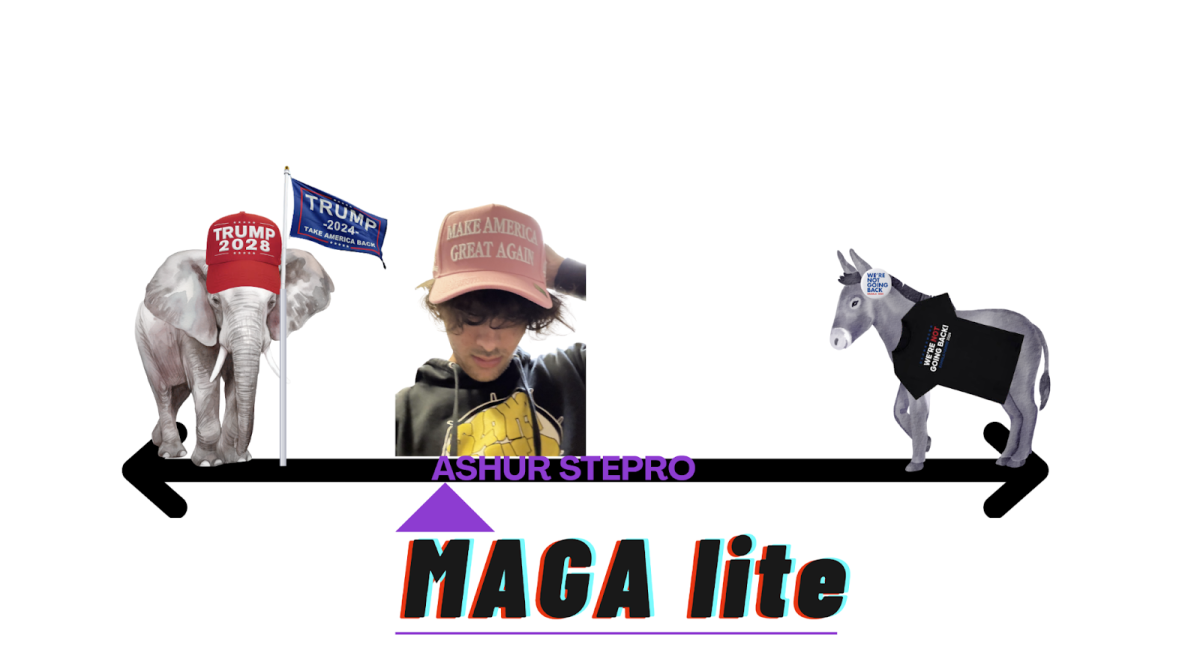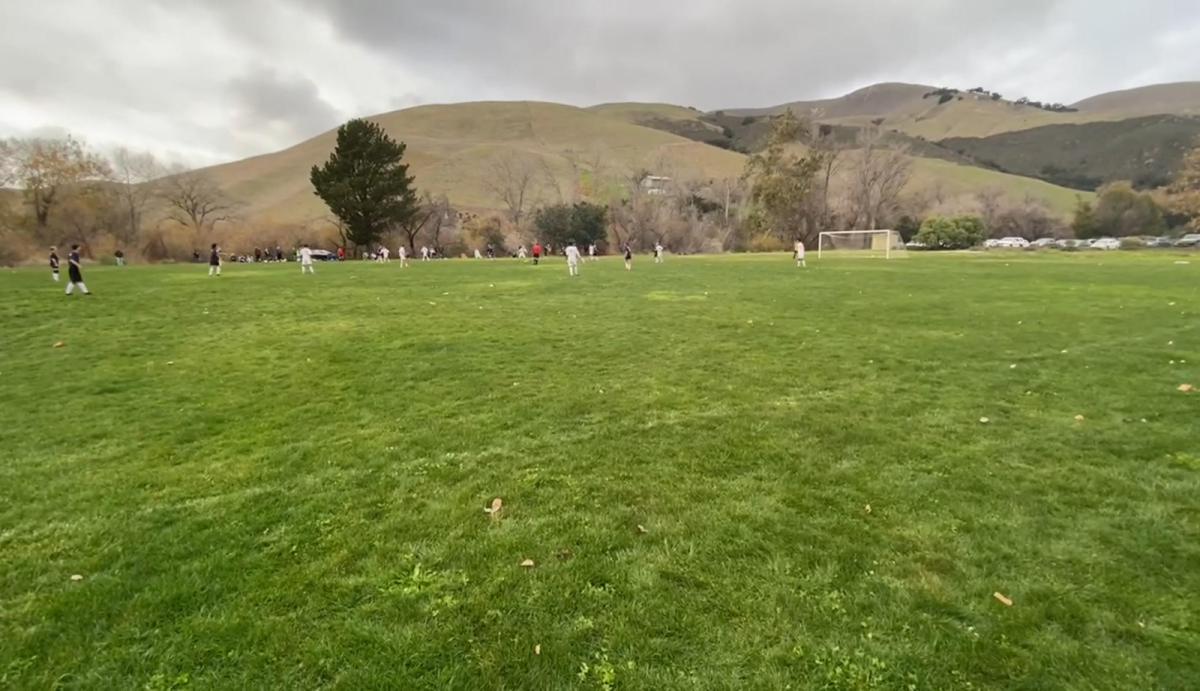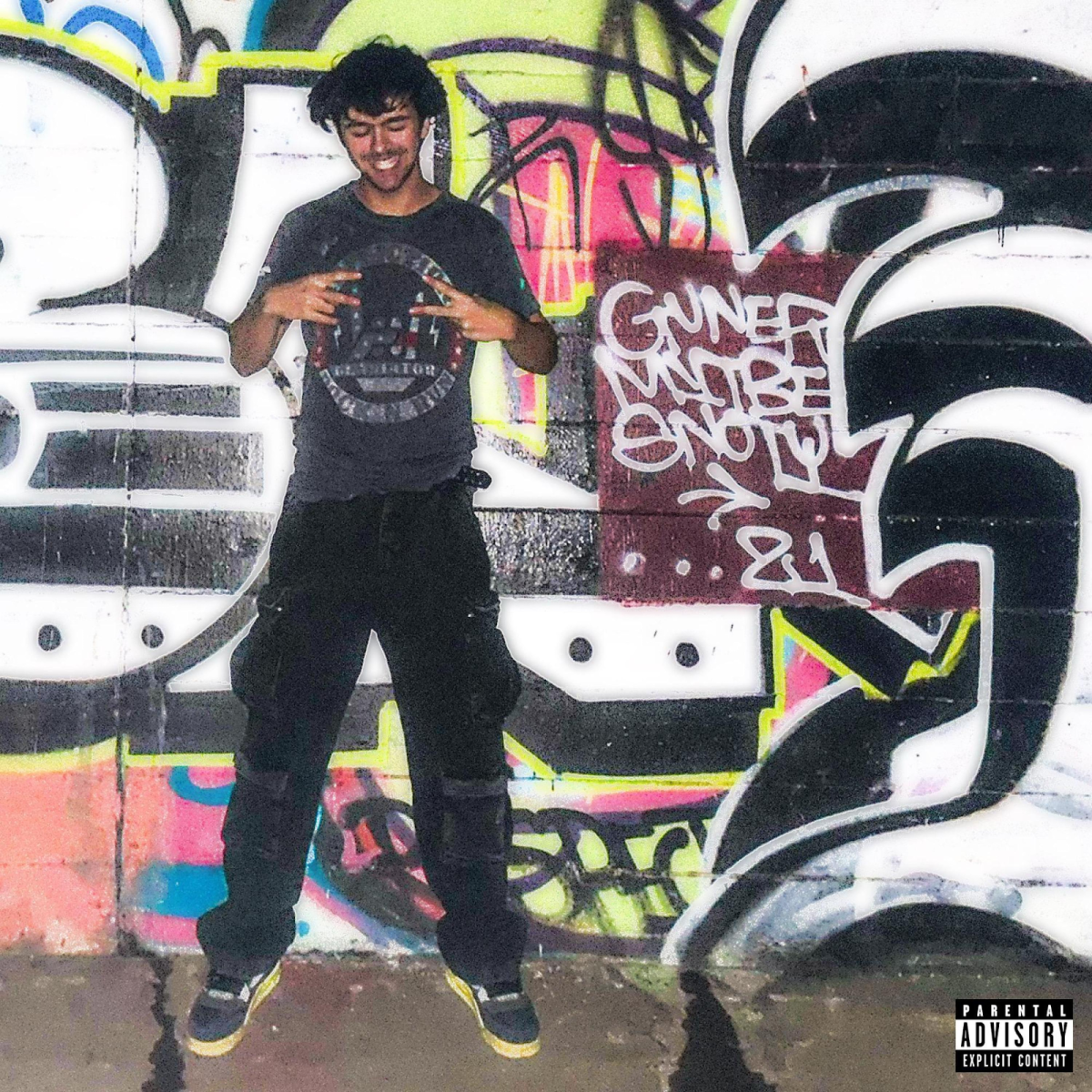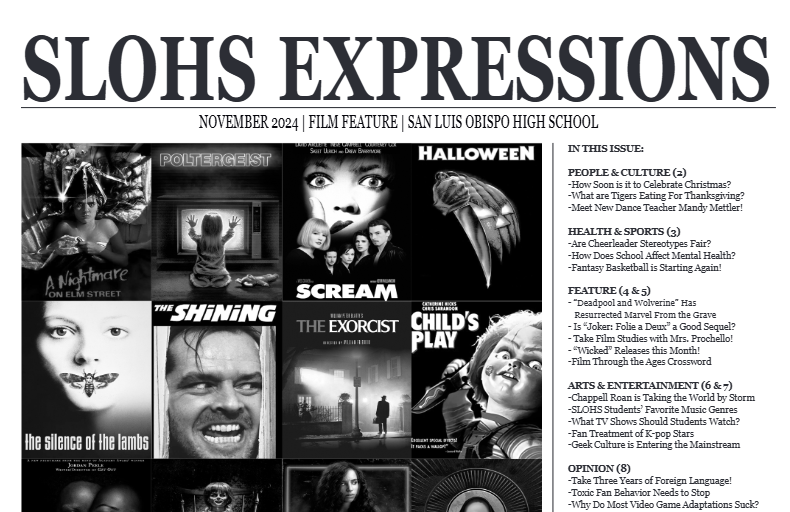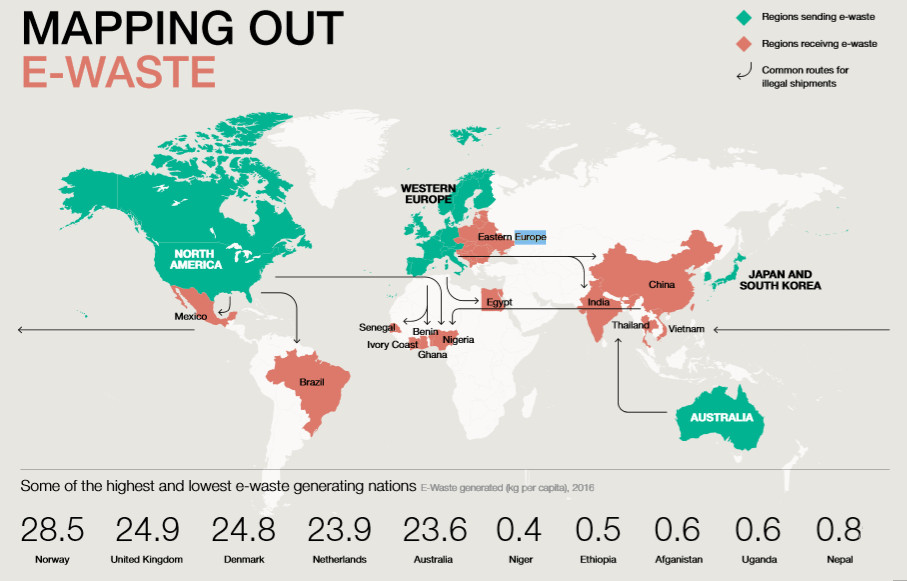ICP for life. Photo courtesy of the Denver Post.
Students and staff at San Luis Obispo High School may be familiar with what a Juggalo is, but their impressions may not be correct. The definition of a Juggalo is often construed, so false information about Juggalos is common.
To put it simply, a Juggalo is anyone who is a fan of the rap duo Insane Clown Posse (ICP) and other rap/hip hop groups signed to American independent record label Psychopathic Records. During a 1994 ICP concert, ICP’s two lead singers, Violent J and Shaggy 2 Dope, sang “The Juggla” and called their fans ‘Juggalos’ for the first time. With this label, ICP fans became more connected with each other and the band’s popularity began to increase.
“Juggalos have their own community and see each other as family,” said sophomore Vance Waller.
Juggalos will often paint their faces with clown-like makeup, and some have tattoos of the infamous “hatchetman,” the logo for Psychopathic Records. Being a Juggalo is different for every individual. Some people are Juggalos to distinguish their identity, and others are Juggalos to have a group to call family.
Juggalos strive to accept everyone. Similar to other subcultures such as skinheads, Juggalos celebrate each other’s diverse socioeconomic statuses and accept anyone into their family.
Unfortunately, in 2011, the FBI labeled the Juggalo subculture as a gang because of their ‘criminal associations.’ This classification resulted in many members losing their jobs, and cities were afraid to host Juggalo events, so Juggalo gatherings were disrupted.
Even after this, however, once a year they all meet from across the globe at a central event called Dark Carnival. At the Dark Carnival, Juggalos listen to music and have fun for an entire week.
“You have to listen to the music to be Juggalo, so by listening to ICP you automatically become closer with others who also enjoy it,” said Waller.
Juggalos don’t deserve the misrepresentation, but even with the negative stigma surrounding their subculture, the Juggalo family persists.
Sources: haenfler.sites.grinnell.edu, npr.org



